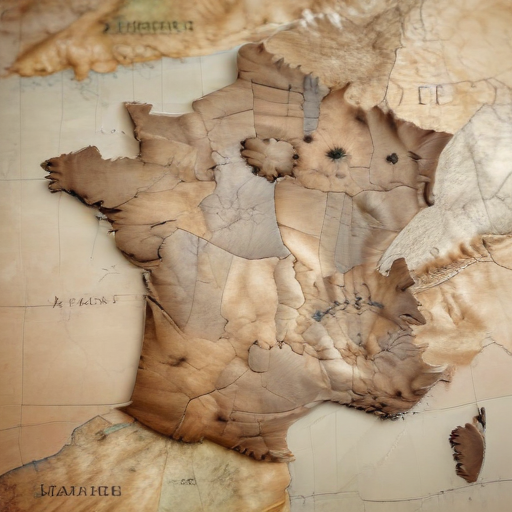Recent political upheaval in France has raised concerns for both domestic stability and the broader European Union. The French government has collapsed following a no-confidence vote against Prime Minister Michel Barnier, who employed special powers to push through a contentious social security budget. This turmoil comes at a time when global conditions are already unstable, and France is recognized alongside Germany as a key driver of EU policy and ideology. The weakening of this “motor” represents a worrying trend for the rest of Europe.
France’s situation is not unique; Germany is also facing its challenges, with a snap general election set for February following the collapse of its coalition government. The political turbulence in these two influential countries is troubling for the European Union, particularly as it seeks to maintain a unified stance against aggressive actions from Russia and support for Ukraine.
Compounding these concerns is the potential return of Donald Trump to the White House, which could impact U.S. military aid to Ukraine and exacerbate existing tensions over trade and defense spending between the U.S. and Europe. As more autocratic leaders gain influence in countries like Hungary and Romania, the EU risks losing its cohesive leadership and direction.
The instability in France is set against a backdrop of significant economic challenges, with increasing fears over budget deficits and public debt in the eurozone’s second-largest economy. French taxpayers are becoming increasingly anxious about rising living costs, while neighboring economies are wary of the potential ripple effects should France’s economic situation deteriorate.
Despite the upheaval, President Emmanuel Macron attempts to project an image of stability. While Prime Minister Barnier warns of economic instability, Macron assures citizens that France’s economy is robust. He emphasizes recent reforms and the strength of French institutions. However, he is also under scrutiny, as the gridlock in parliament stems from a recent election that did not favor his party, Renaissance.
While the challenges facing France and Europe are significant, there remains hope that through dialogue and reform, these nations can navigate their political and economic instability. The resilience of France’s economy and institutions can serve as a backbone for recovery, not only for France but for the entire European Union. Collaborative efforts and strong leadership could help restore unity and strength amid these trying times.
